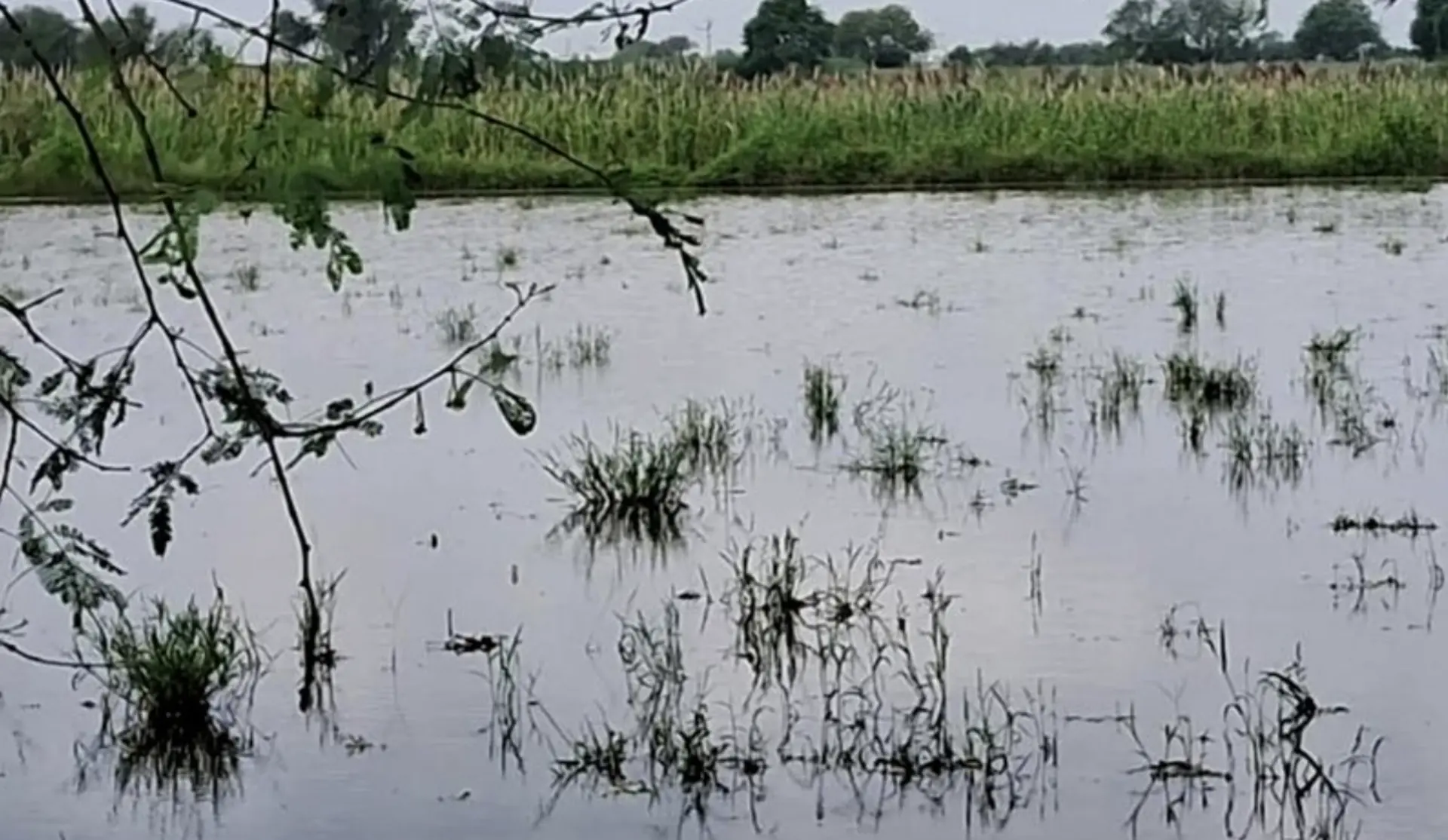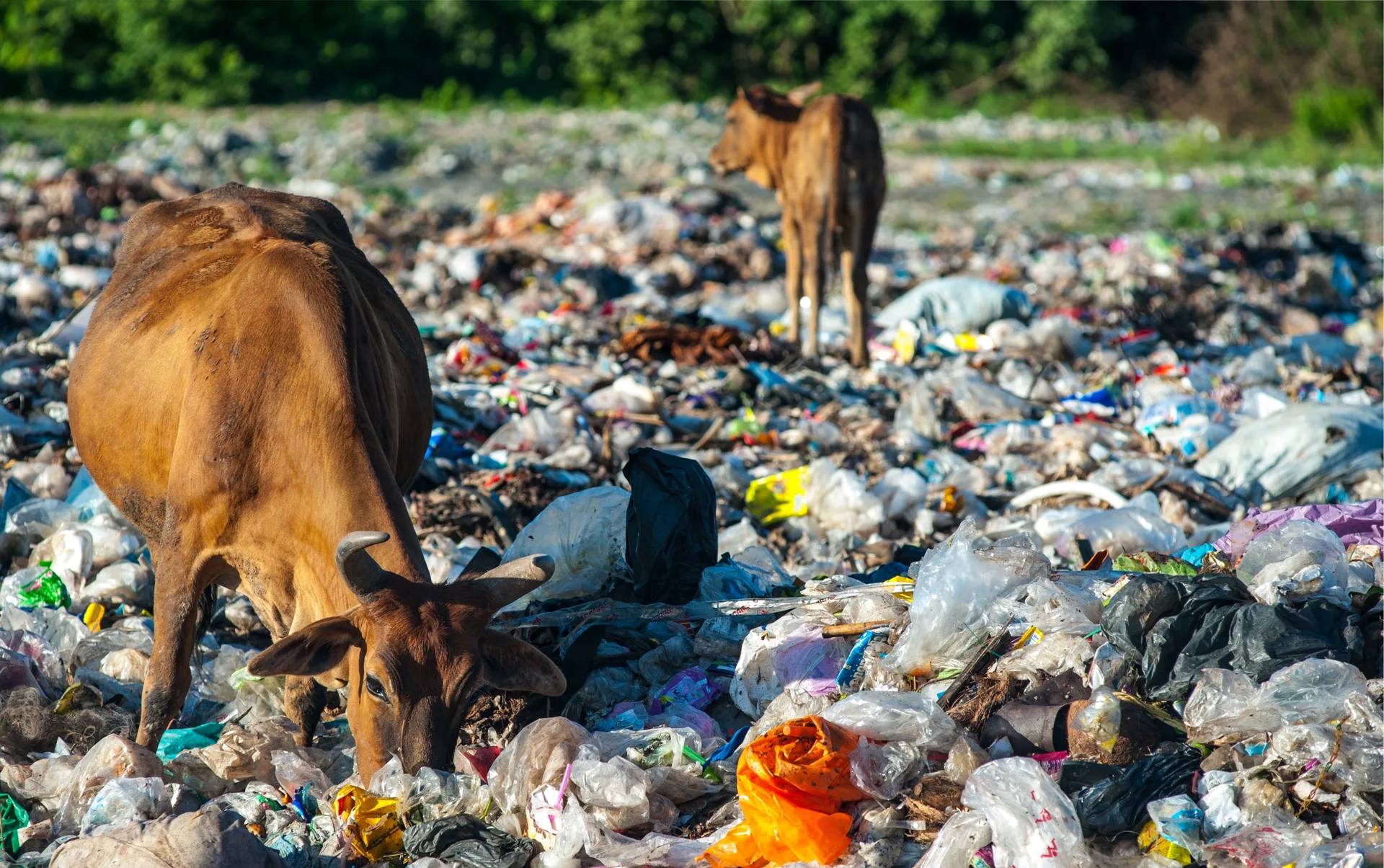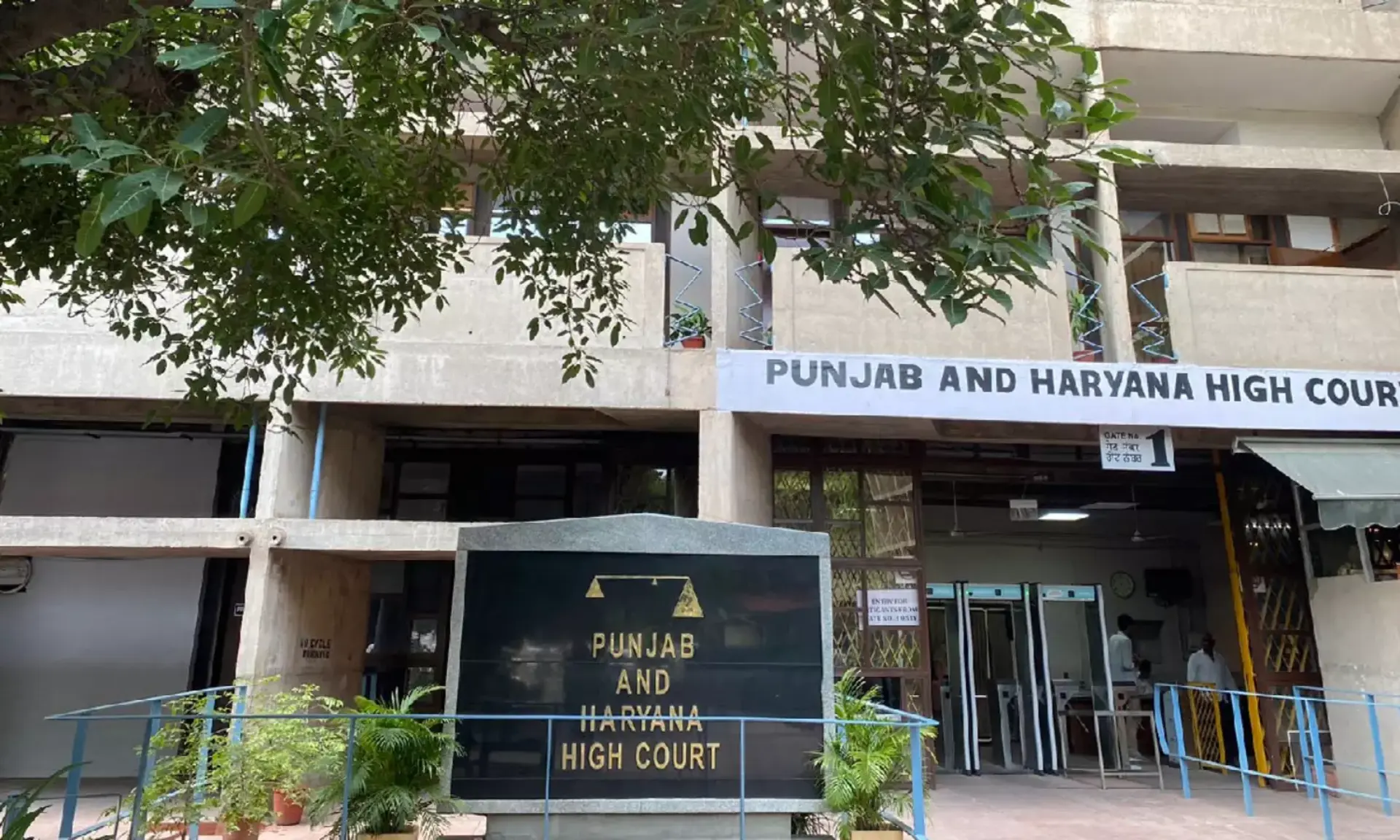
According to a comprehensive district survey, 107 villages in Rewari are severely impacted by waterlogging brought on by the ongoing monsoon rainfall, which has seriously harmed the standing kharif crops. With 37 villages affected, Dharuhera is the worst-hit area, according to the assessment. Palhawas (29 villages), Bawal (23 villages), and Dahina tehsil (2 villages) are next in line.
Affected farmers have until September 15 to file crop loss claims, according to Deputy Commissioner Abhishek Meena, who also announced the opening of the e-Kshatipurti portal. Meena urged farmers to apply as soon as possible, saying, "Claims will undergo verification through special girdawari conducted by revenue officials, with compensation released according to government policy."
Double Crisis fro Farmers
The district president of the Bharatiya Kisan Union (Charuni), Samay Singh, emphasized the extensive damage that has been done to several villages, especially to the cotton and bajra crops. Significant financial losses for farming communities already dealing with last year's compensation delays are confirmed by his teams' field assessments. Singh emphasized the urgent need for intervention in a memo that he delivered to the Deputy Commissioner on Monday. He bemoaned the lack of full compensation for hailstorm damage in 2024–2025, pointing out that many farmers are still waiting for full settlements even after portals were opened and partial payments were made.
Farmers Issued Warning for Protest
Despite numerous meetings and memorandums, the farmer leader expressed frustration with administrative inaction. Singh said, "The government has failed to take concrete action on our legitimate demands," and he threatened to stage large-scale demonstrations outside the DC office on September 12 if the problems are not resolved. The predicament is indicative of larger issues confronting Haryana's agriculture industry, where a string of weather-related catastrophes has made farmer suffering worse.
Although farmers are still doubtful about timely distribution of the compensation due to past experiences with delayed payments, revenue officials will carry out comprehensive crop assessments to determine appropriate compensation levels. The administration is under increasing pressure to manage accumulated compensation backlogs from numerous weather events while demonstrating effective disaster response.














